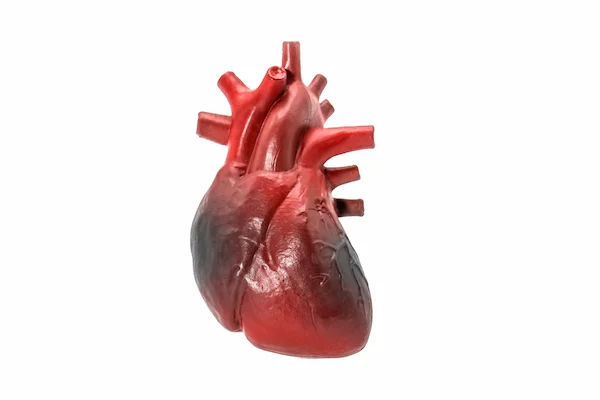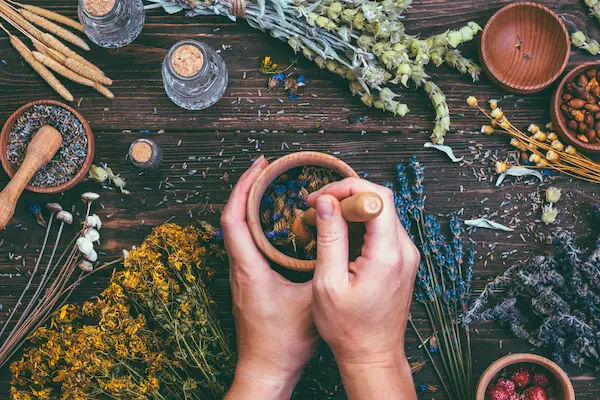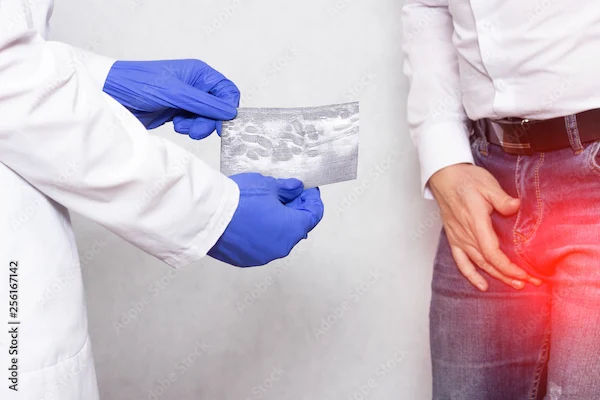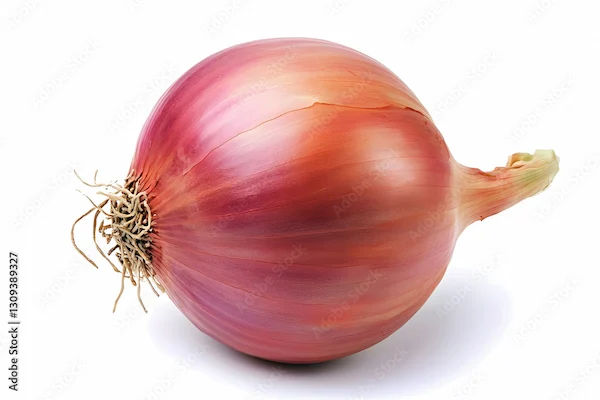Causes of Lead Poisoning
Know about the causes of lead poisoning, causes, how it affects the health and how you can prevent lead poisoning and more.


Introduction
Lead poisoning is a serious health concern that can affect anyone, especially children and pregnant women. It occurs when lead builds up in the body over time, leading to harmful effects on the brain, kidneys, and other organs. Since lead poisoning often develops slowly, many people may not realise they’ve been exposed until symptoms appear.
In this article, we’ll explore the common causes of lead poisoning, how it affects health, and what you can do to protect yourself and your family.
Consult a General Practitioner for Personalised Advice
What Causes Lead Poisoning?
Lead poisoning happens when a person is exposed to lead—a toxic metal—through various sources. Here are the most common ways people come into contact with lead:
1. Contaminated Water from Lead Pipes
- Older homes may have lead pipes or plumbing fixtures that corrode over time, releasing lead into drinking water. Even small amounts of lead in water can be harmful if consumed regularly.
2. Lead-Based Paint in Older Homes
- Houses built before the 1980s often contain lead-based paint. When this paint chips or peels, it creates dust that can be inhaled or ingested, especially by young children who tend to put their hands in their mouths.
3. Soil Contamination
- Lead from old paint, gasoline, or industrial waste can settle into soil, especially near highways or factories. Children playing in contaminated soil or adults gardening without protection may accidentally ingest lead.
4. Certain Jobs and Hobbies
- Some occupations, such as battery manufacturing, construction, and auto repair, involve exposure to lead. Hobbies like stained-glass making, pottery glazing, or shooting at indoor firing ranges can also increase risk.
5. Imported or Traditional Remedies
- Some home remedies, cosmetics (like kohl or sindoor), and imported spices may contain lead. Always check the safety of products before use.
6. Old or Imported Toys and Jewellery
- Cheaply made toys, especially from certain countries, may contain lead-based paint or materials. Similarly, some jewellery (particularly for children) may have unsafe lead levels.
7. Foods Stored in Lead-Contaminated Containers
- Certain ceramic dishes, cans with lead solder, or improperly glazed pottery can leach lead into food or drinks.
How Does Lead Poisoning Affect Health?
Lead is toxic even in small amounts and can cause:
In Children:
- Learning difficulties and lower IQ
- Slowed growth
- Behavioural problems (hyperactivity, aggression)
- Hearing and speech delays
In Adults:
- High blood pressure
- Joint and muscle pain
- Memory and concentration problems
- Fertility issues
In Pregnant Women:
- Harm to the developing baby’s brain and nervous system
- Increased risk of premature birth
How Can You Prevent Lead Poisoning?
1. Test Your Home for Lead
- If you live in an older home, get your paint, water, and soil tested for lead. Professional inspections can help identify risks.
2. Use Safe Drinking Water
- Run cold water for 30 seconds before drinking if the pipes are old.
- Use a water filter certified to remove lead.
3. Keep Your Home Clean
- Regularly wipe floors, windowsills, and surfaces to remove lead dust.
- Wash children’s hands and toys frequently.
4. Eat a Healthy Diet
- Foods rich in calcium, iron, and vitamin C (like milk, spinach, and citrus fruits) can help reduce lead absorption.
5. Be Cautious with Jobs and Hobbies
- If you work with lead, shower and change clothes before coming home to avoid bringing lead dust inside.
6. Avoid Unsafe Products
- Check labels on cosmetics, spices, and toys for lead-free certification.
- Avoid using old or imported ceramics for food storage.
When to See a Doctor?
If you suspect lead exposure, especially if you or your child has symptoms like:
- Fatigue or irritability
- Loss of appetite
- Stomach pain
- Trouble concentrating
A simple blood test can check lead levels. Early detection helps prevent long-term damage.
Final Thoughts
Lead poisoning is preventable with awareness and simple safety measures. By identifying potential sources and taking action, you can reduce risks and ensure a healthier life for yourself and your loved ones. If you have any concerns, don’t hesitate to reach out to a healthcare professional.
Consult a General Practitioner for Personalised Advice
Consult a General Practitioner for Personalised Advice

Dr. Vandana Malik
General Practitioner
8 Years • MBBS, FAM
Noida
Skinlogics Clinic, Noida

Dr. Dixant Chhikara
General Practitioner
4 Years • MBBS
Delhi
SKYNN CARE, Delhi

Dr. Bulbul Biswas
General Practitioner
35 Years • MBBS, Diploma in Maternity and child welfare
Kolkata
HERSTEL CARE CLINIC, Kolkata
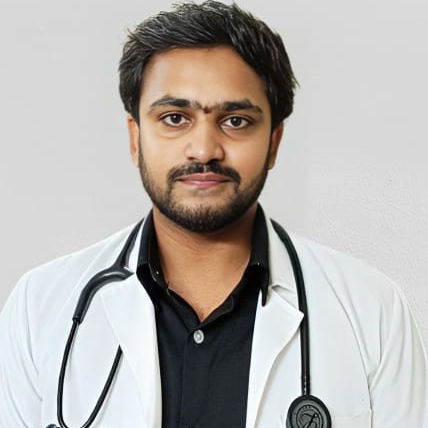
Dr Chilukuri Venkata Reddy
General Physician
4 Years • MBBS
Bengaluru
PRESTIGE SHANTHINIKETAN - SOCIETY CLINIC, Bengaluru
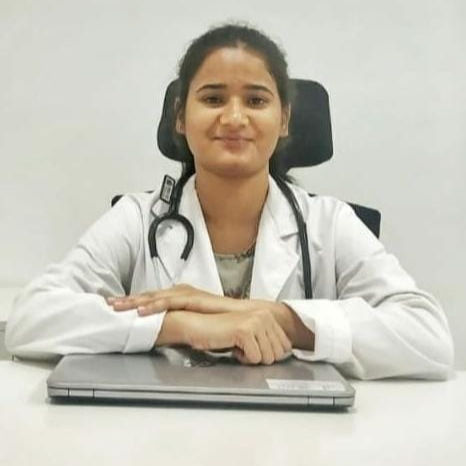
Dr. Pooja
General Physician
3 Years • MBBS
Bengaluru
PRESTIGE SHANTHINIKETAN - SOCIETY CLINIC, Bengaluru
Consult a General Practitioner for Personalised Advice

Dr. Vandana Malik
General Practitioner
8 Years • MBBS, FAM
Noida
Skinlogics Clinic, Noida

Dr. Dixant Chhikara
General Practitioner
4 Years • MBBS
Delhi
SKYNN CARE, Delhi

Dr. Bulbul Biswas
General Practitioner
35 Years • MBBS, Diploma in Maternity and child welfare
Kolkata
HERSTEL CARE CLINIC, Kolkata

Dr Chilukuri Venkata Reddy
General Physician
4 Years • MBBS
Bengaluru
PRESTIGE SHANTHINIKETAN - SOCIETY CLINIC, Bengaluru

Dr. Pooja
General Physician
3 Years • MBBS
Bengaluru
PRESTIGE SHANTHINIKETAN - SOCIETY CLINIC, Bengaluru

